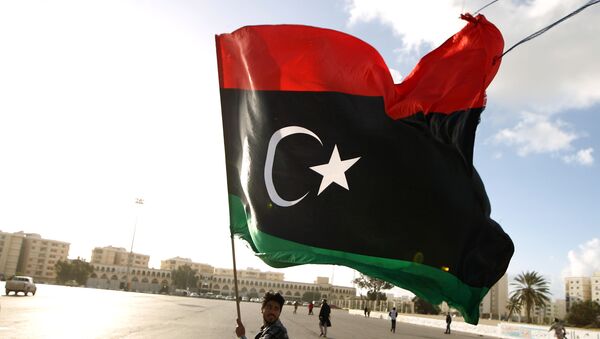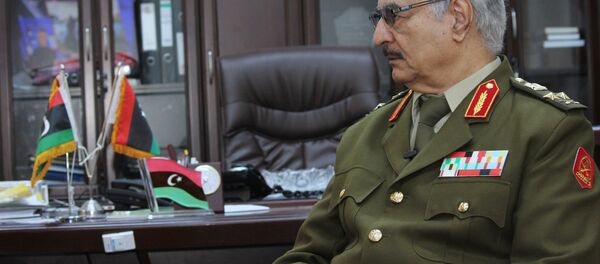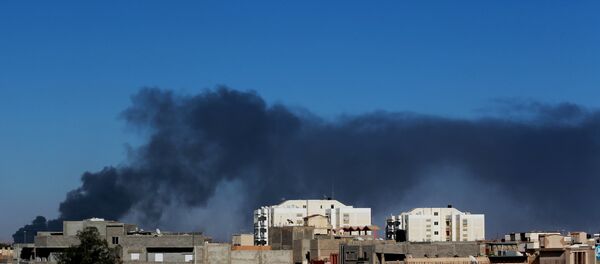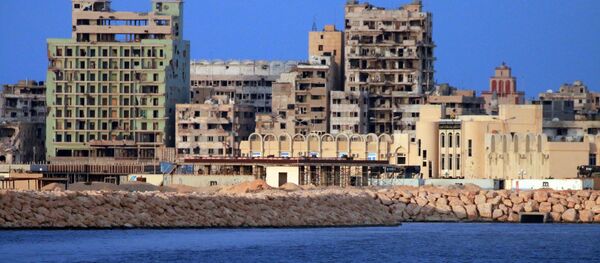The goal of the conference, as outlined by the Italian government, is to provide a contribution to the peace settlement and political stabilization process in Libya, with the agreement of the main political actors in the country. The conference will also seek to make specific contributions on security and economic measures that can aid stability in the country, as well as provide a discussion on the hosting of general elections in Libya.
On Monday, Italian Prime Minister Giuseppe Conte will welcome the heads of delegations from the various countries attending the conference at the Villa Igiea, followed by a working lunch. On Tuesday heads of delegations will participate in a plenary session, which will be followed by a press briefing from Conte.
Attendance at Palermo
According to a press release published by the European Union, EU foreign affairs chief Federica Mogherini will attend the Conference for Libya.
The attendance of European leaders has yet to be confirmed. Although initially invited, various media outlets report that German Chancellor Angela Merkel and French President Emmanuel Macron will not attend the conference, and will be represented by other members of their governments.
US President Donald Trump and Russian President Vladimir Putin have officially been invited to attend the conference. However, Kremlin spokesman Dmitry Peskov confirmed in late October that Putin will likely be unable to attend the conference and that in his stead Russia will send another representative.
READ MORE: Russian Parliament's Defense Committee Denies Military Presence in Libya
A member of the Libyan Constitution Drafting Assembly (CDA), Nadia Omran, told Sputnik that the LCDA had not been invited to Palermo. She stated that this was deliberate on the part of UNSMIL.
The Italian government has placed an emphasis on the fact that the conference will gather a variety of Libyan political actors. Yet earlier today, sources at the Libyan National Army (LNA) told Sputnik that Commander of the LNA Khalifa Haftar will not attend the conference in Palermo. According to the Libyan Observer, Conte has arrived in Libya’s Rajma to persuade Haftar to attend tomorrow’s conference.
Conference Expectations
The conference in Palermo for Libya follows the Paris meeting on May 29 on the country’s stabilization, which gathered Haftar, Government of National Accord Prime Minister Fayez Sarraj and the leaders of rival parliamentary assemblies, Aguila Saleh and Khaled Mechri. The result of the Paris meeting was an agreement to hold UN-backed general elections in Libya on December 10, and to abide by the results.
Salame, ahead of the Conference for Libya, on Friday stated that general elections should be held in the country in the spring of next year, after the Libyan National Conference in the first weeks of 2019.
Risk Imad, a founder and general manager of the Lebanon-based Isticharia for Strategic and Communications Studies Institute, told Sputnik that the Palermo conference could provide more clarity on the upcoming elections by bringing together different Libyan political parties.
Omran stated that the Palermo conference must provide concrete steps on holding a referendum on Libya’s constitution, or risk failing its ambitions concerning the country’s upcoming elections.
"If the conference in Palermo does not confirm a referendum on the constitution and its establishment as the basis for holding presidential and parliamentary elections, without entering a new transitional phase, then it will be a failure, like the previous ones," Omran said.
Paolo Grimoldi, a secretary for the Lega party in the northern Italian region of Lombardy, told Sputnik that the conference can also iron out international disagreements over supporting rival Libyan factions.
READ MORE: Moscow Doesn't Plan to Create Stronghold in Libya — Russian Embassy in UK
"We should see … Italy urging during this conference France and other involved countries to stop backing one side of the conflict hoping to get [access] to oil fields. This policy won’t stop fighting and is causing migration to Europe," Grimoldi said.
Imad added that the European Union can also focus on a wide variety of other issues including the reform of the military and women’s role in the political process.
Moscow has repeatedly called for Libyan political actors to join forces, ever since Libya has been torn apart by conflict after long-time leader Muammar Gaddafi was overthrown in 2011. Dual authority persists in the country, with the UN-backed Government of National Accord (GNA), headed by Sarraj, operating in the country's west and headquartered in Tripoli and authorities in the east cooperating with Haftar.






